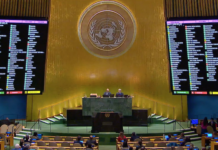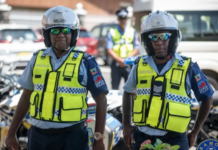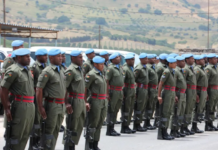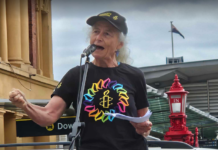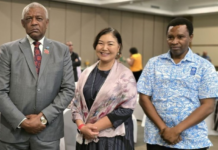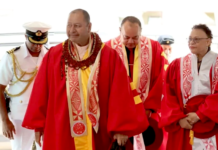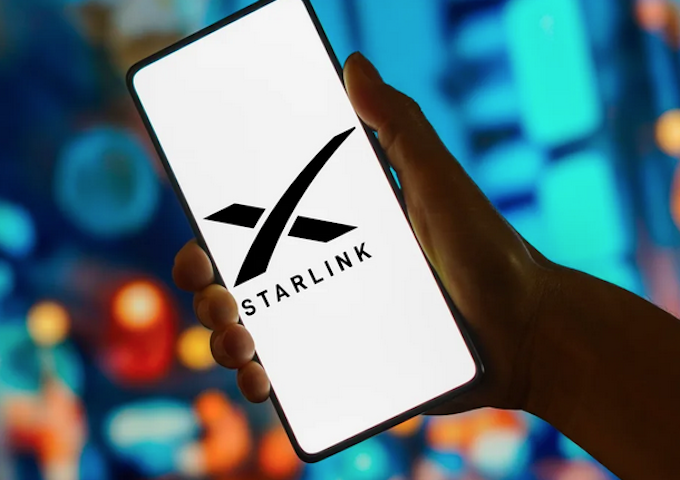
By Caleb Fotheringham, RNZ Pacific journalist
Broadband satellite service provider Starlink is now being used in the Pacific but not always legally, for now.
In Vanuatu, border workers are confiscating equipment.
Telecom regulator Brian Winji said people using the service had signed up overseas — likely in Australia and New Zealand — and have brought the equipment into the country.
“They smuggle it into Vanuatu without customs knowing,” Winiji said.
“[Starlink] is not allowed to operate inside Vanuatu without getting a proper licence.”
Starlink was given a temporary restricted licence to operate after severe back-to-back cyclones battered the country. But this was only 20 units given to the National Disaster Management Office and it lapses by the end of April.
Anyone else using Starlink is breaking the rules.
Winji said Starlink had not fully applied to operate in Vanuatu and he does not know when they will be operational.
‘Future competitive environment’
Cook Islands telecommunications regulator chair Bernard Hill said regulators who were banning the use of Starlink might have an “overinflated view” of their importance.
“They feel slightly offended by the fact that this happens without their, ‘oh, you’re allowed to do that’. In deregulated markets, like Cook Islands, like New Zealand, the rule is we let you do it until there’s a good reason to say no,” he said.
“They approached me about a licence 18 months ago, they still haven’t resolved on their local structure but unlike the other regulators, I have authorised the roaming of devices purchased in New Zealand and Australia.”
Hill said he did not know the exact number of people using the service, but it has been enough to have a competitive influence on Vodafone Cook Islands — the nation’s biggest broadband provider.
“I can’t say Vodafone is happy about it but they are at least realistic about this being part of the future competitive environment and I believe they’re doing the best to cope with the challenge that presents them.”
In Fiji, Starlink has already been given a licence to operate but it has not yet set up the service locally.
The Telecommunications Authority chairperson David Eyre said it could be operational by the middle of this month.
He said people who had already brought Starlink equipment into the country would need to switch over to the local service when it was running.
“Starlink is in the process of finalising the operational procedures, processes and what not in preparation for launch, we are encouraged that they’re probably going to launch soon and when I say soon, probably early quarter two,” Eyre said.
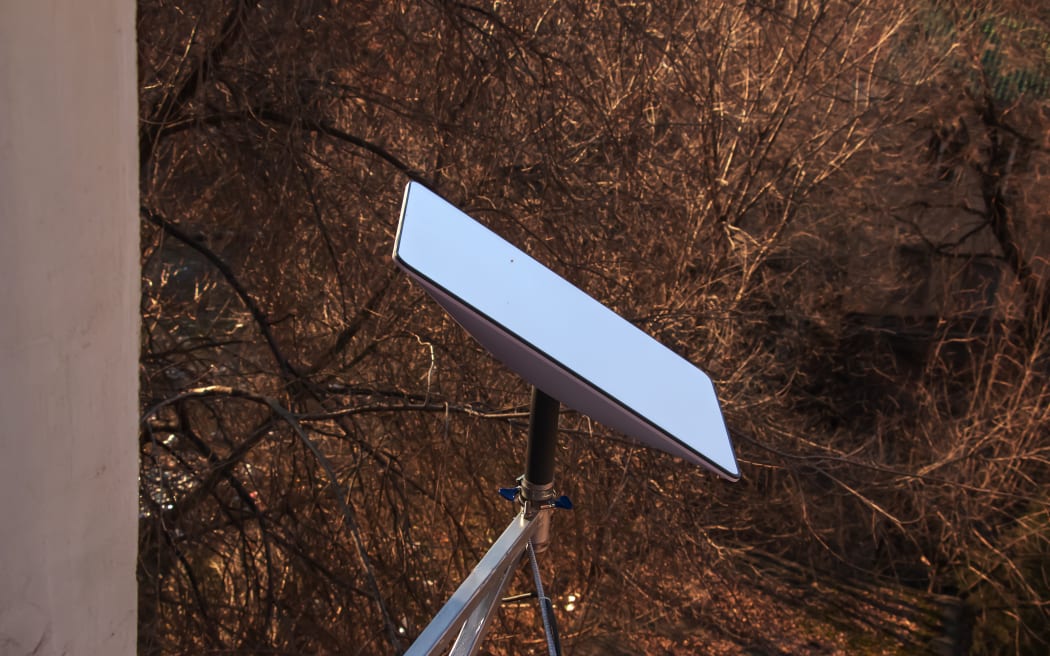
Delivering high-speed internet
The company, owned by tech billionaire Elon Musk, promises to deliver high-speed internet to the remotest regions by using thousands of satellites orbiting close to the planet.
Hill said Starlink and other low earth orbit satellite companies should be a good fit for the Cook Islands Pa Enua (outer islands) that struggle with poor communications infrastructure.
Eyre said remote connectivity in Fiji was a consideration for giving the licence.
“Coverage in those areas is probably one of the main reasons why we have licensed Starlink here in Fiji, to serve the remotest of the remote.”
In other Pacific nations, Starlink has become or is becoming available.
Papua New Guinea gave the service an operation licence at the beginning of this year and last month Samoa’s cabinet did the same.
Hill said he did not think Starlink and similar companies would make other forms of receiving internet irrelevant.
He said countries needed back up options in case something goes wrong — like the Hunga-Tonga-Hunga-Haa’pai volcano eruption that destroyed Tonga’s internet cable.
Hill said as more Pacific economies rely on internet services, being cut off could be disastrous.
“From the point of view of redundancy and resilience having access to services from overhead as well as undersea is pretty important.”
This article is republished under a community partnership agreement with RNZ.








